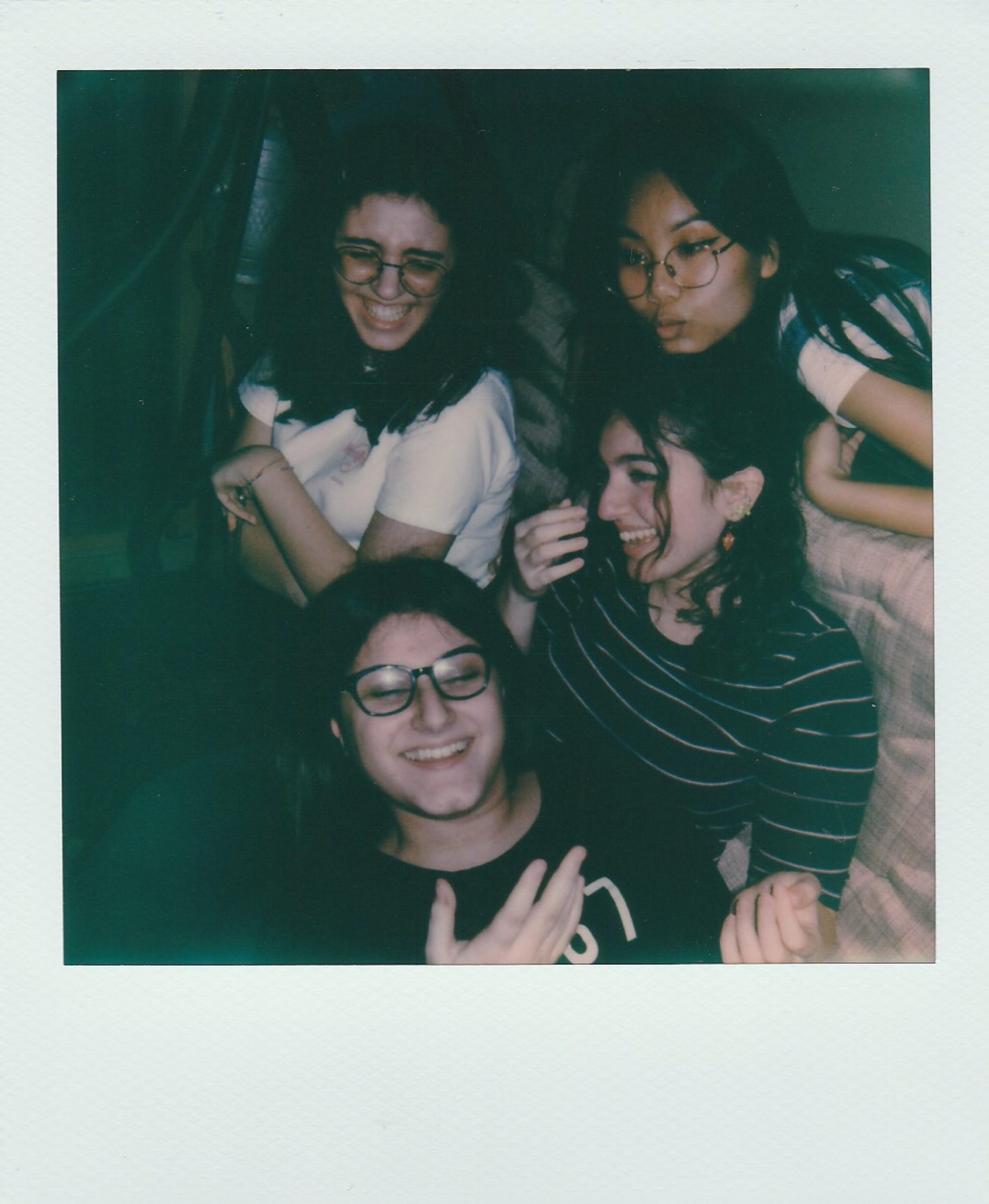
The Most Tangible Shift Generation Z Has Made from Millennials
By: Tim Elmore
An NFL football coach recently told me of the tangible changes in professional athletes today compared to 25 years ago, when he first began coaching. He mentioned that players have a higher expectation of what they’ll receive as part of their compensation and feel entitled to having a voice in how the team is managed. These expectations are not necessarily bad, but they are real shifts I hear from coaches, teachers, and employers of Generation Z. These young people feel very empowered.
There is one shift, however, that we need to pay attention to as we lead them.
According to a study from the Barna Group, over half the members of Generation Z (56 percent) say they “tend to expect the worst to happen.” Wow! I suppose when I reflect on what the last two years brought the world, I can see why they might be a bit negative, even cynical. The pandemic stole our health, our jobs, our certainty about tomorrow, and our peace of mind. It also postponed all future plans.
But imagine if Generation Z were to maintain this state of mind (I expect the worst to happen).
The Shift from the Millennial Generation
Twenty years ago, when the world began to talk about the youngest population, the millennials, we instantly noticed they brought the opposite mindset. They’d been raised by affirming parents, received participation trophies, and had teachers who inflated grades on their report cards. (More kids got As than any previous generation of K-12 students.) Why wouldn’t they expect the best to happen? Certainly not all, but millions of them were raised in a bubble. As a whole, they were both optimists and idealists.
The shift in Generation Z may just be the most significant and tangible one.
In the book Marching Off the Map, I introduce some of these shifts that Gen Z brings to our world, workplaces, high schools, and colleges. I make a case for how we must lead this generation differently than we did the millennials because their overall mindset is different. While millennials may have needed us to temper their idealistic expectations, Generation Z may need us to encourage them, to help them trust others, to nudge them to take risks, and to offer some hope. Note some differences below in these two adolescent populations just fifteen years apart.
Millennial Generation (2006)
I expect the best to happen.
I am confident about my future.
I am idealistic.
I prefer working in teams.
I am attacking my education.
I feel special.
I want my posts to go viral.
Generation Z (2021)
I expect the worst to happen.
I am cautious about my future.
I am pragmatic.
I prefer working alone.
I am hacking my education.
I feel savvy.
I want my posts to vanish.
This doesn’t mean your child, your student, or your athlete will automatically think this way. But the mindset does reflect our culture today. It’s the soundtrack playing behind the story of Generation Z’s life right now. And we must combat it.
Suggestions on what Generation Z Needs Most From Us
When young people endure a disruption like we’ve experienced over the last two years, they need caring leaders to step up and offer some guidance they likely do not possess. There are three of them I consistently share with educators and employers who are at a loss for what to do to lead their young people.
What We Can Give to Generation Z
- Context
These students have no context for these strange times. For that matter, many of us don’t either. They need their leaders to offer some perspective. When the quarantine started in the spring of 2020, I found myself doing this for our young team members. I reminded them this was the fourth pandemic our world had faced over the last 100 years. I then shared what each generation did to make it through and to grow stronger from it. Teen minds can flood easily when they feel overwhelmed and have to face a world they are not prepared for. We need to help them through this time as best we can.
- Applications
Students who are anxious or overwhelmed can become emotionally stuck. In fact, they can feel paralyzed. Leaders can offer the gift of clear action steps for them to take. Even though we can’t predict what they’ll need to do a year from now, we can clarify what they should do right now. Having useful steps keeps them moving forward and prevents them from feeling stuck. In the beginning, our leaders offered updates on the infection rates of the counties our team lived in. Then, we clarified precisely what we would all do that week to stay in shape and keep producing while sitting alone on Zoom. It saved us.
- Belief.
This final gift we must furnish Gen Z members with is to believe in themselves and their futures.This offers hope. We must give their minds context. We must give their hands and feet applications. But we must give their hearts belief. I have said for two years now: “Teens need us to communicate that we believe they’ll not only make it through this tough time but they’ll be stronger for it.” No doubt, we must be honest and genuine in our communication, but they need us to sincerely express our belief in them and their potential after graduation. This refuels them emotionally.
I wish you could meet Kiera Colson. She is a high school senior who’s already authored a book, and she’s working on a second one. She is the founder of Teenfluencer Nation, where she attempts to turn the tide on cynicism and cultivate young influencers who make a positive difference in their communities. She is a bundle of energy, vision, and faith and is not afraid to challenge stereotypes and help teens who usually feel like victims of their circumstances (i.e. I’ve been bullied. I’m overweight. I’m not beautiful. I’m not smart.) to be victors, not victims. She’s 18 years old, so she’s a member of Gen Z. She is countercultural to most of what I’ve discussed here. May her tribe increase.
Quite frankly, I believe Gen Z may enter adulthood with more grit and resilience than previous generations because of this difficult time. Let’s work toward that outcome, especially because right now they tend to expect the worst to happen.





